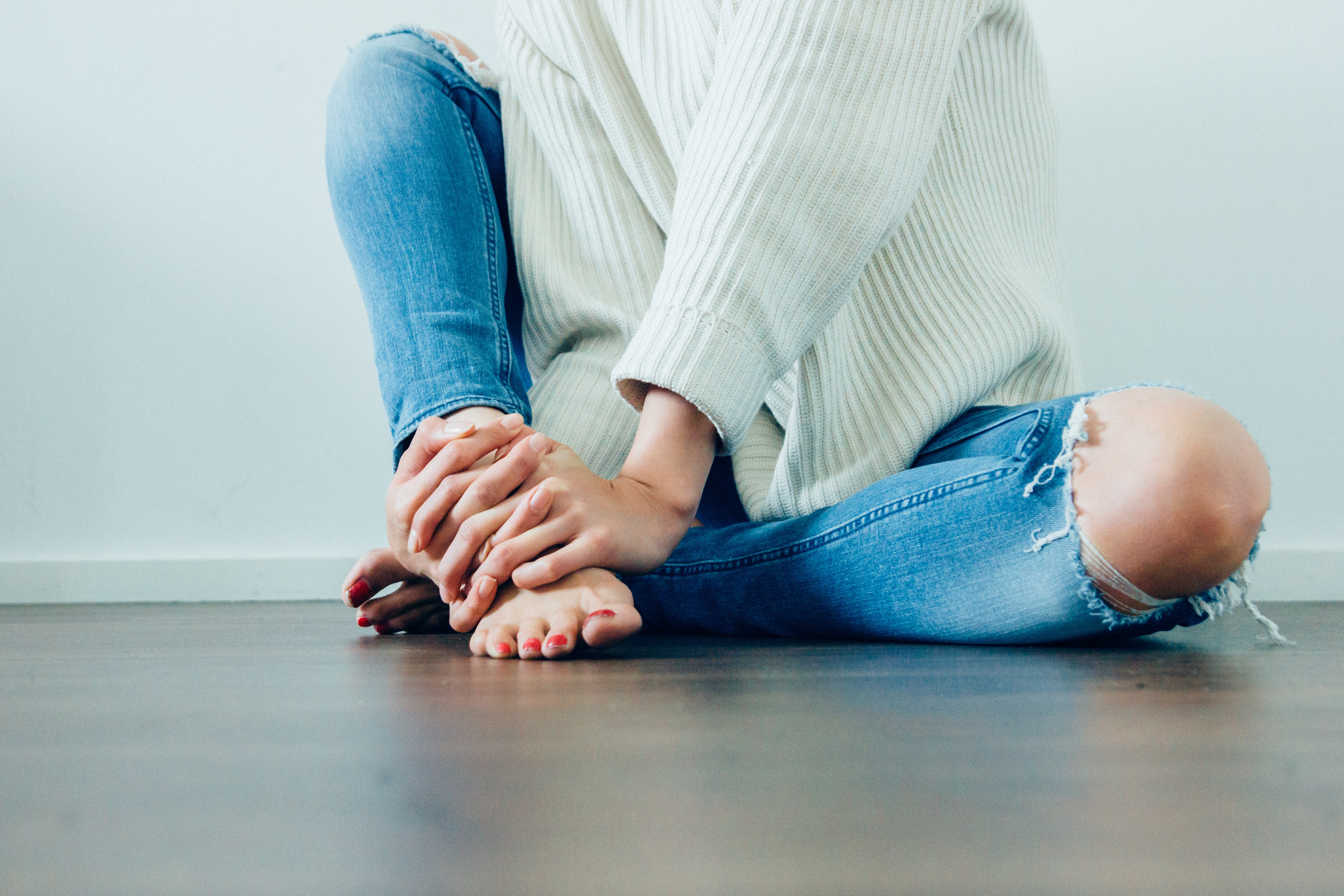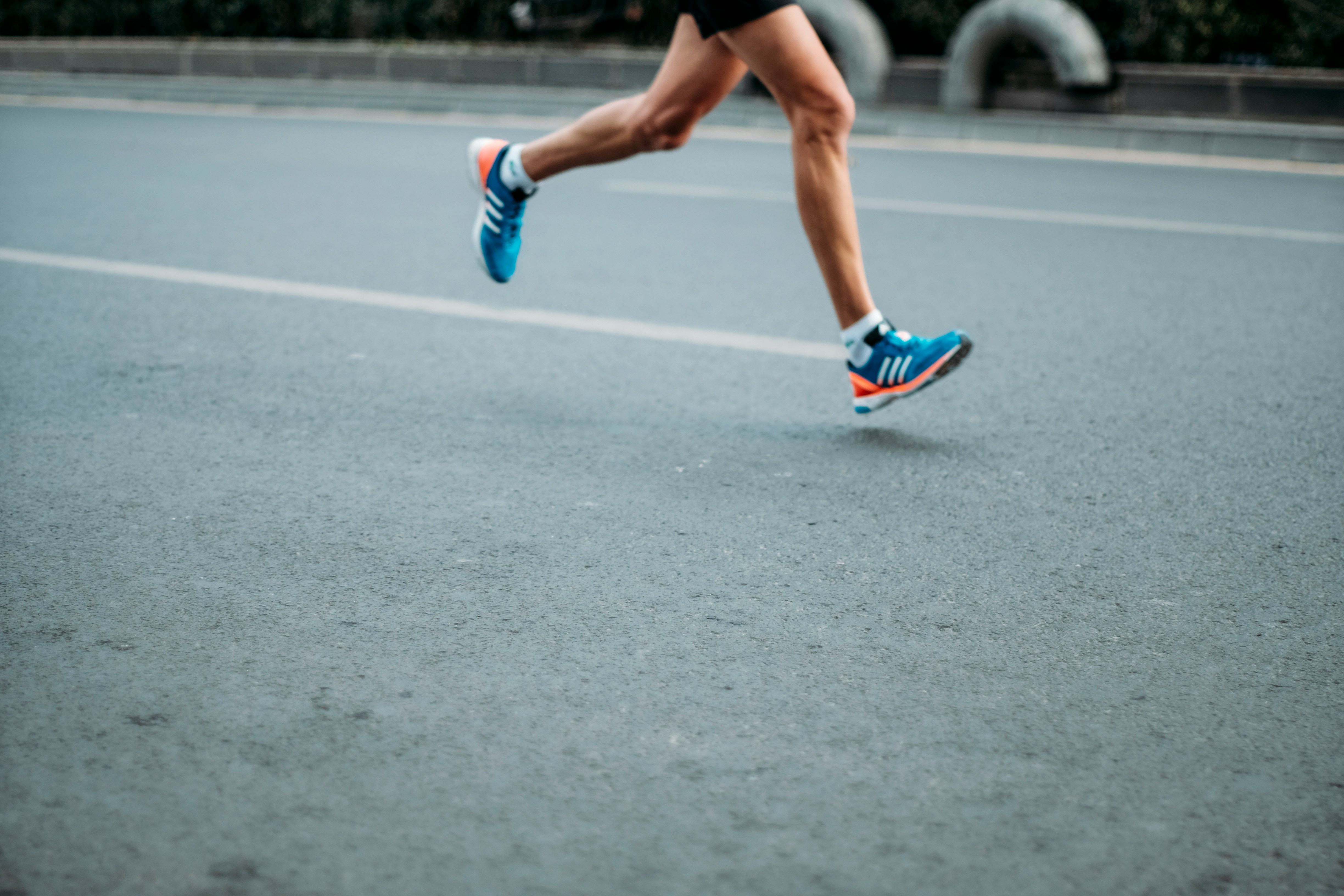Top 5 Causes of Hip Pain and How to Find Relief
Struggling with hip pain? Discover the most common causes — from arthritis to labral tears — and learn when to seek treatment for lasting relief.

Hip pain can affect people of all ages — from young athletes to older adults. Because the hip joint is central to walking, sitting, and nearly every daily activity, pain in this area can quickly become disabling. Understanding the root cause is the first step toward recovery. Here are the five most common causes of hip pain and what you can do about them.
1. Osteoarthritis
The most frequent cause of hip pain in adults over 50, arthritis occurs when cartilage wears down, leading to stiffness, swelling, and chronic pain. Symptoms usually worsen over time and may make it difficult to walk long distances.
2. Hip Labral Tear
The labrum is a ring of cartilage that cushions and stabilizes the hip joint. Tears often result from sports injuries or structural issues like hip impingement. Patients may feel clicking, locking, or sharp pain in the groin area.
3. Bursitis
Fluid-filled sacs called bursae cushion the hip joint. Overuse, repetitive movement, or injury can cause them to become inflamed. Bursitis pain is often felt on the outer hip and worsens when lying on that side.
4. Muscle Strains
Tight or weak hip muscles — especially hip flexors, hamstrings, or glutes — are prone to strain. This is common in athletes, runners, and people who suddenly increase their activity level.
5. Fractures
In older adults with osteoporosis, even a minor fall can result in a hip fracture. These injuries require immediate medical attention and often surgical repair.
When to See a Doctor
You should seek professional help if:
- Pain is severe or sudden after an injury
- Walking becomes difficult or impossible
- Pain lasts longer than two weeks without improvement
- Nighttime pain disrupts sleep
Treatment Options
- Rest, ice, and anti-inflammatory medications
- Physical therapy to improve flexibility and strength
- Corticosteroid injections to reduce inflammation
- Surgical procedures such as arthroscopy or hip replacement (in severe cases)
Prevention Tips
- Stay active with low-impact exercise like swimming or cycling
- Maintain a healthy weight to reduce joint stress
- Stretch and strengthen hip muscles regularly
- Wear supportive footwear to prevent imbalance
Conclusion
Hip pain doesn’t have to slow you down. Whether caused by arthritis, a tear, or overuse, treatment is available to restore mobility and improve quality of life.
👉 Use OrthoCheck on MyOrthopedicProblem.com to check your hip symptoms and connect with an experienced orthopedic provider near you.


